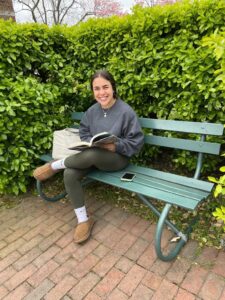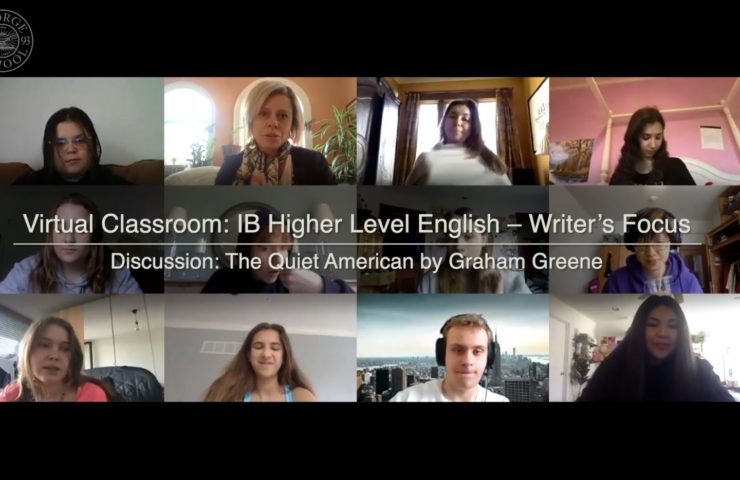
While normal in-person class meetings are suspended, virtual classrooms still allow our students, wherever they are, to participate in the unique George School classroom experience. Take a peek at how English teacher Colette Weber and her students closely analyze a literary text and make it speak to issues relevant today in a Zoom session for IB HL English: Writer’s Focus.
Colette had Jamila Cobrinik ’20 read a passage from the novel they were discussing, Graham Green’s The Quiet American. The passage concerned the death of the titular character, a CIA agent named Alden Pyle, who was naively led by political theories to believe in the necessity of American intervention in Vietnam. When another American asks the novels’ narrator, a British journalist named Thomas Fowler, about Pyle’s death, he flares with anger against Americans: “Suddenly I was angry; I was tired of the whole pack of them with their private stores of Coca Cola and their portable hospitals and their Wydecars and their not quite latest guns.”
Colette allowed her students to set the discussion from there, simply asking, “How do you respond to this passage here? Fowler has an unusual outburst of emotion.” This open-ended approach allowed the diversity of the George School student body to shine as a variety of perspectives emerged.
Jaiyi Luo ’20 observed that Fowler is surprisingly frank in expressing his disgust with the Americans here. Colette encouraged Jaiyi to go on: “Let’s hear it. Tell us, don’t spare our feelings.” Jaiyi pointed out that the phrase “private stores of Coca Cola” conveyed “a sense of privilege and hoarding stuff for themselves and in that way somehow blocking other’s access to it.” When Colette again prompted Jaiyi to elaborate on what she meant, she connected it to America today and the hoarding of essential goods like toilet paper hoarding due to the coronavirus.
Charlotta Moller ’20 drew on the experiences of her parents, who have lived both abroad and in the United States. She observed that while the perception of Americans as too individualistic and selfish may not always be accurate, Fowler’s outburst accurately shows how many people around the world view Americans, particularly those who live in privileged areas.
Developing observations on the character of Pyle, whose naïve idealism led him to support violent foreign policies, Lorelei Von Stackleberg ’20 brought up “white savoir” complex, which could lead privileged Westerners to do real harm abroad in the belief that they are doing justice.
Jamila Cobrinik focused on how the character’s “innocence” in his belief that he was helping can lead to dangerous results. What emerged in these interactions was, as Colette summed it up, “insight into human existence, human flaws […], insight into how Americans are perceived overseas during this time.” In dealing with a sensitive issue, the variety of voices led to a nuance not only in understanding America’s role in the world in the twentieth century, but also the human characteristics which lead to our foreign policies and the human costs these decisions can have.
This is just a look at a few minutes of one class meeting. Colette navigated the relatively new virtual teaching with ease, sharing her screen with students and providing an online workbook for her class. What was most impressive, was the level of discussion the class is still able to have while they are physically apart from one another. Even when scattered geographically, the unique population at George School continues to foster a challenging and rewarding learning environment for students and teachers alike.

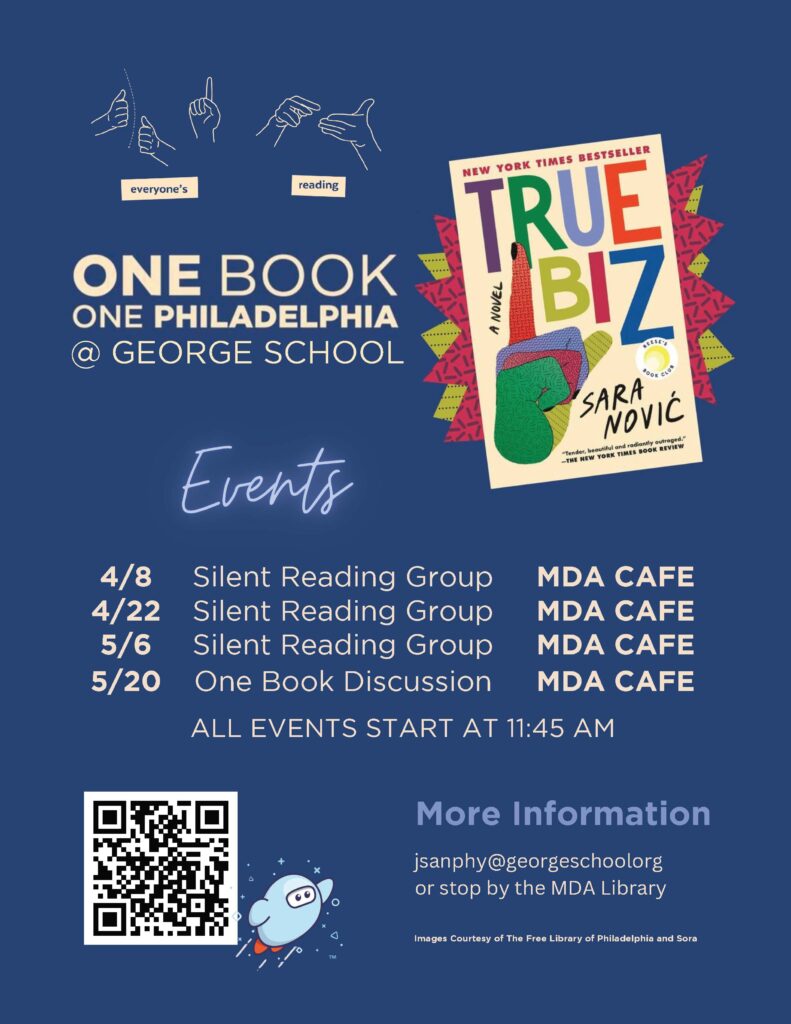




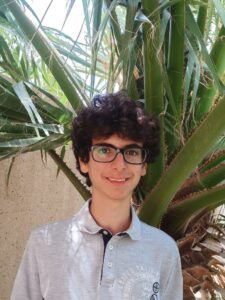 Monastir, Tunisia, and Amman, Jordan
Monastir, Tunisia, and Amman, Jordan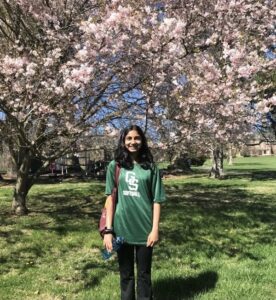 Irvine, CA
Irvine, CA Feasterville-Trevose, PA
Feasterville-Trevose, PA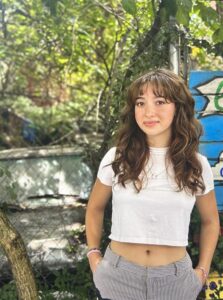 New Hope, PA (Previously NYC)
New Hope, PA (Previously NYC) Richboro, PA
Richboro, PA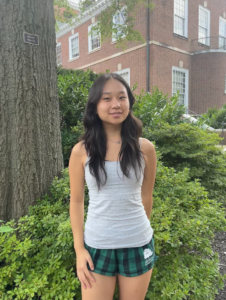 Englewood, NJ
Englewood, NJ Ningbo, Zhejiang, China
Ningbo, Zhejiang, China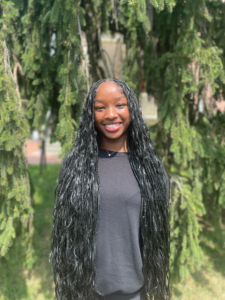 Willingboro, NJ
Willingboro, NJ Yardley, PA
Yardley, PA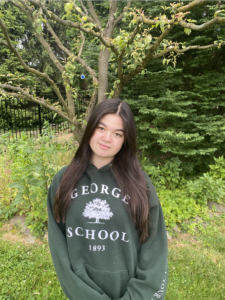 Newtown, PA
Newtown, PA Holicong, PA
Holicong, PA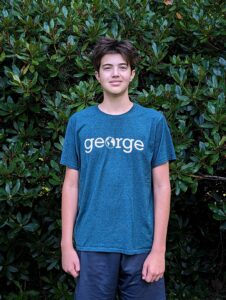 Newtown, PA
Newtown, PA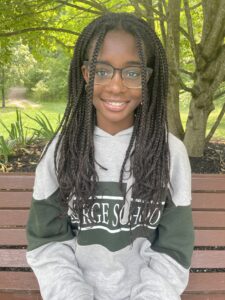 Hamilton, NJ
Hamilton, NJ Yardley, PA
Yardley, PA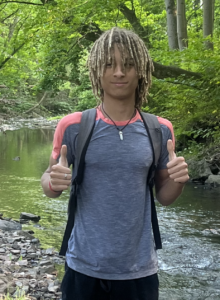 Lambertville, NJ
Lambertville, NJ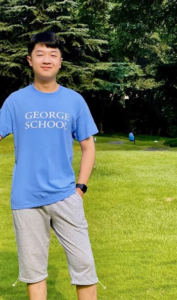 Chongqing, China
Chongqing, China Pennington, NJ
Pennington, NJ Yardley, PA
Yardley, PA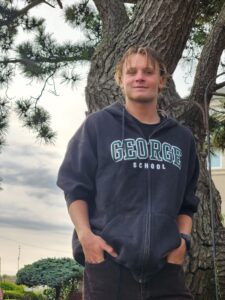 Bensalem, PA
Bensalem, PA Borgota, Colombia
Borgota, Colombia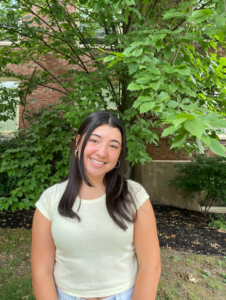 Newtown, PA
Newtown, PA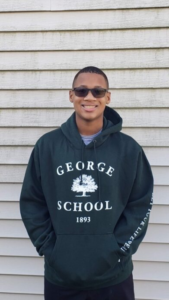 Burlington, NJ
Burlington, NJ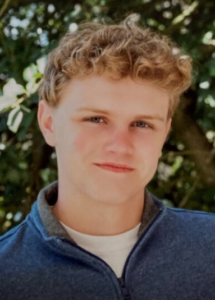 Langhorne, PA
Langhorne, PA Princeton, NJ
Princeton, NJ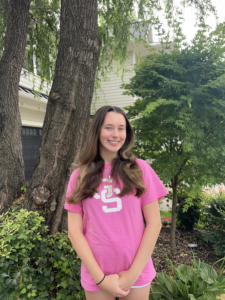 Langhorne, PA
Langhorne, PA New York City, NY
New York City, NY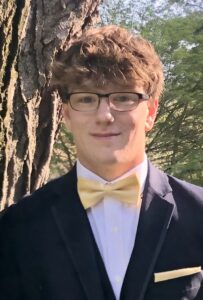 New Hope, PA
New Hope, PA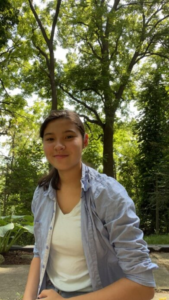 St. Catharines, Ontario, Canada
St. Catharines, Ontario, Canada Providenciales, Turks and Caicos Islands
Providenciales, Turks and Caicos Islands Willingboro, NJ
Willingboro, NJ Princeton, NJ
Princeton, NJ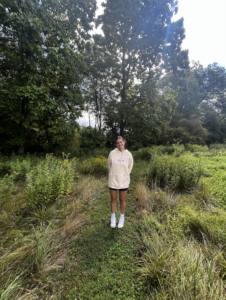
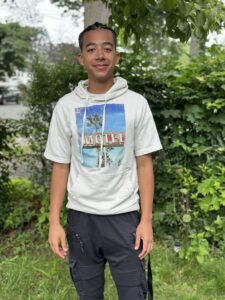 Newark, NJ
Newark, NJ Trenton, NJ
Trenton, NJ Newtown, PA
Newtown, PA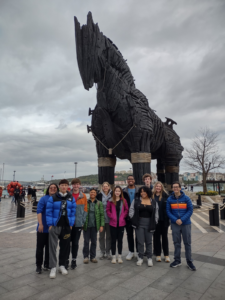
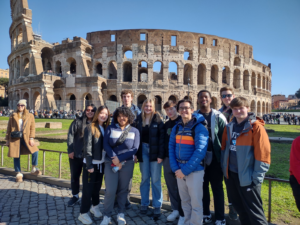
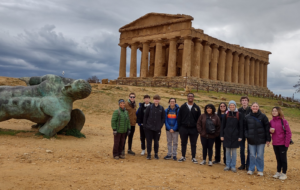





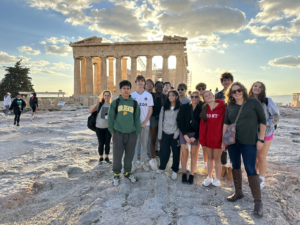
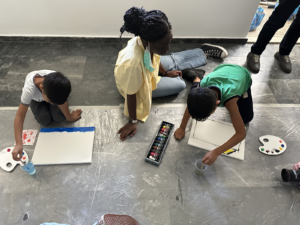
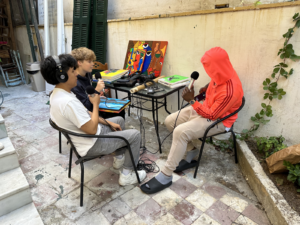

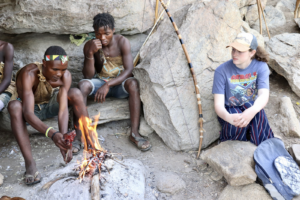
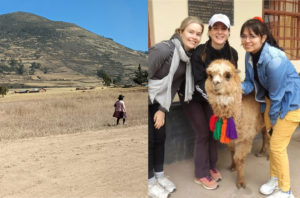

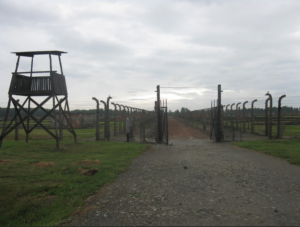


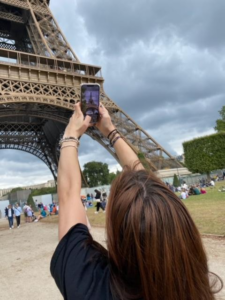
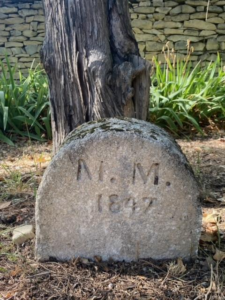
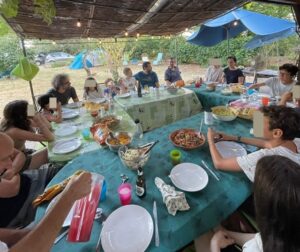
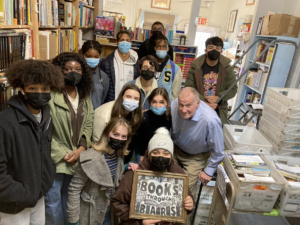
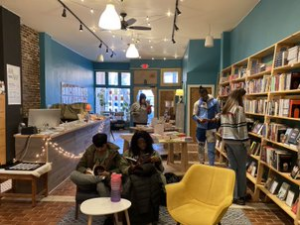
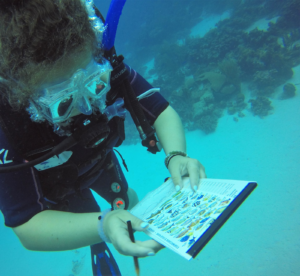
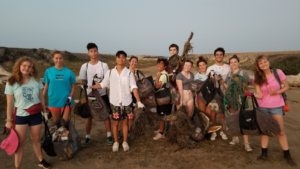
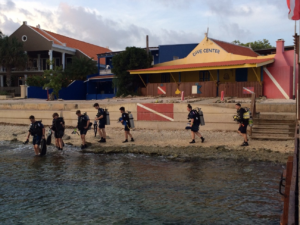
 Lawrence, NJ
Lawrence, NJ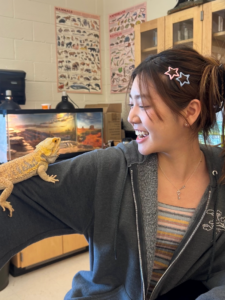 Seoul, South Korea
Seoul, South Korea
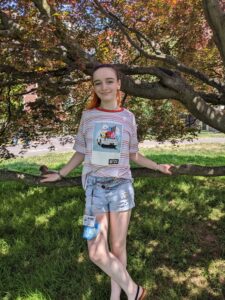 Milwaukee, Wisconsin
Milwaukee, Wisconsin Pennington, NJ
Pennington, NJ Jenkintown, PA
Jenkintown, PA Ottsville, PA
Ottsville, PA Yardley, PA
Yardley, PA Providenciales, Turks and Caicos Islands
Providenciales, Turks and Caicos Islands Hopewell, NJ
Hopewell, NJ
 Pottstown, PA
Pottstown, PA Playa del Carmen, Quintana Roo, México
Playa del Carmen, Quintana Roo, México Shanghai, China
Shanghai, China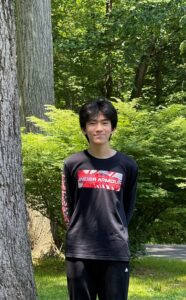 Beijing, China
Beijing, China Yardley, PA
Yardley, PA Beijing, China
Beijing, China Holland, PA
Holland, PA Langhorne, PA
Langhorne, PA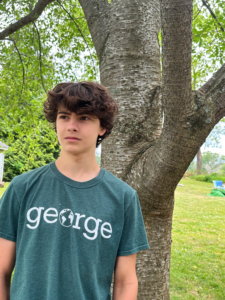 Ringoes, NJ
Ringoes, NJ New Hope, PA
New Hope, PA Dreshner, PA
Dreshner, PA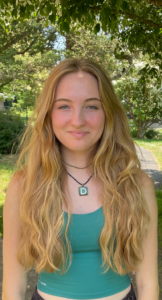 Yardley, PA
Yardley, PA Yardley, PA
Yardley, PA PA
PA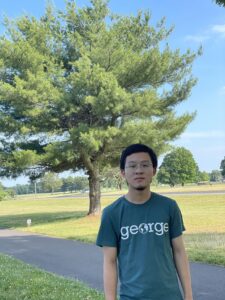


 Xi’an, China
Xi’an, China
